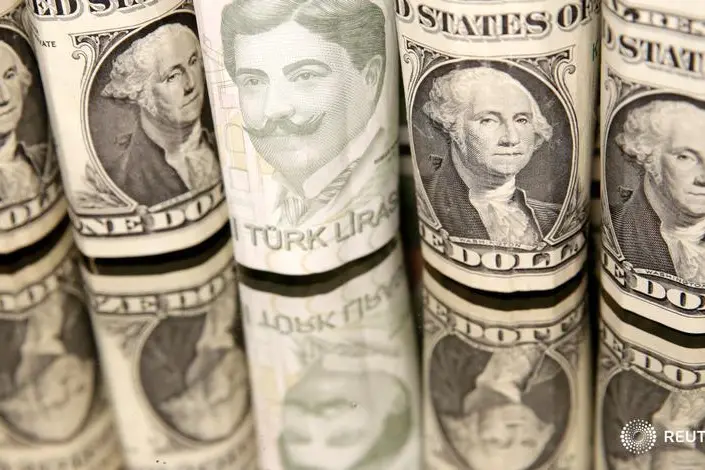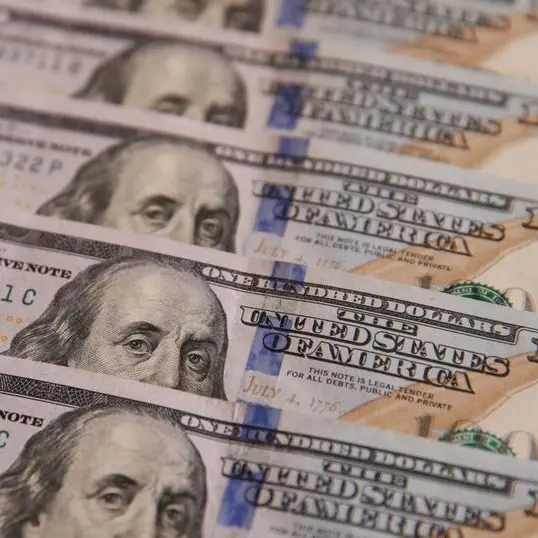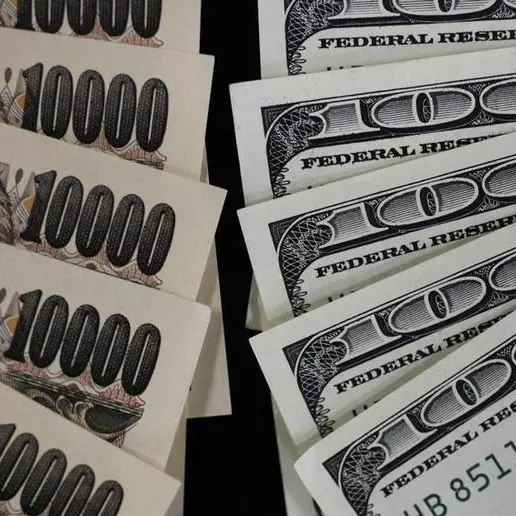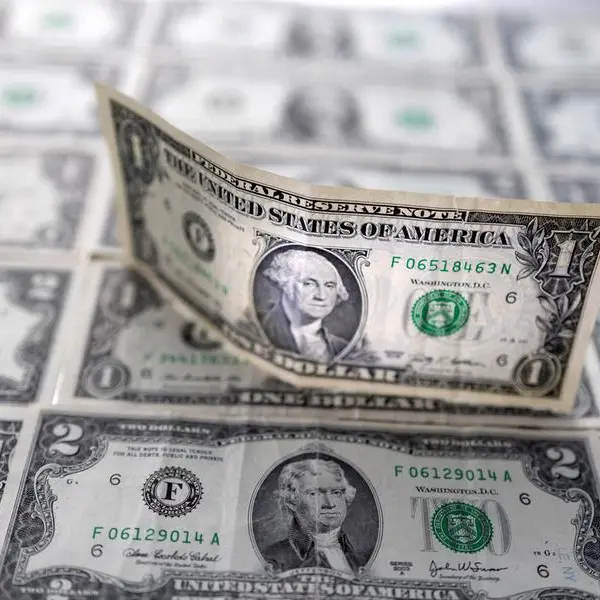PHOTO
Major currencies fell as the safe-haven dollar climbed on Wednesday following news Turkish authorities had detained President Tayyip Erdogan's main political rival, which unsettled investors and sent the Turkish lira to a record low.
Traders digested news of the Bank of Japan's earlier decision to hold interest rates steady and were gearing up for a Federal Reserve policy decision later, at which the U.S. central bank is also expected to leave rates unchanged.
Turkey's lira briefly tumbled by the most in a day on record, while the country's stocks and bonds came under heavy pressure.
That drop rippled through major currencies and fed a rally in the dollar, as investors shifted into safe-haven assets.
"Usually it's not really a market mover for the G10, but I think the market is concerned about what is happening in Turkey," said Michael Pfister, FX analyst at Commerzbank.
"It is leading to risk-off. The euro fell and all the safe havens moved at the same time" he said.
By 0927 GMT, the euro was down 0.4% versus the dollar to $1.09, having fallen as much as 0.6% earlier. Even so, it remains near a five-month high of $1.0955 scaled in the previous session.
The single European currency has risen for the last three days, supported by Germany's outgoing parliament approving plans for a massive spending surge.
The yen weakened against the dollar, which rose 0.3% to 149.74 in volatile trade as investors mulled the BOJ decision to hold rates steady and comments from Governor Kazuo Ueda .
The widely expected BOJ decision underscored policymakers' preference to spend more time gauging how mounting global economic risks from higher U.S. tariffs could affect Japan's fragile recovery.
"The decision to leave monetary policy unchanged itself is not a surprise, so its impact on exchange rates is limited. However, the earlier-than-usual timing of the announcement seems to have led financial markets to initially interpret that the BOJ (did not consider) bringing forward a rate hike," said Hirofumi Suzuki, chief FX strategist at SMBC.
Adding to nervousness among investors, Israeli airstrikes pounded Gaza overnight, while U.S. President Donald Trump and Russian President Vladimir Putin failed to reach an agreement on a Ukraine ceasefire.
The more risk-sensitive currencies edged lower, with sterling down 0.3% at $1.29685, not far from the previous session's four-month high of $1.3010, while the Australian and New Zealand dollars fell 0.5% and 0.6%, respectively.
Against a basket of currencies, the dollar ticked up 0.3% to 103.39, coming off a five-month low of 103.19 on Tuesday.
The dollar has fallen nearly 4% for the month, pressured by Trump's erratic approach to tariffs and as fears mount of a recession in the world's largest economy.
The Fed's policy decision later on Wednesday will be crucial for investors eager to know what the central bank makes of Trump's policies and their impact on the U.S. economy, and how that affects the rate outlook.
Fed policymakers are widely expected to keep rates on hold, and will also release new economic projections at the conclusion of the meeting later in the day.
Traders are currently pricing in nearly 60 basis points of Fed rate cuts by the year end.
"The March FOMC meeting will likely be all about policy uncertainty. The Fed will almost certainly stay on hold, emphasising patience over panic," said analysts at Bank of America Securities.
"The (Summary of Economic Projections) forecasts and distribution of risks are both likely to reflect stagflation: weaker growth and higher inflation."
(Reporting by Rae Wee and Lucy Raitano; Editing by Jamie Freed and Bernadette Baum)





















